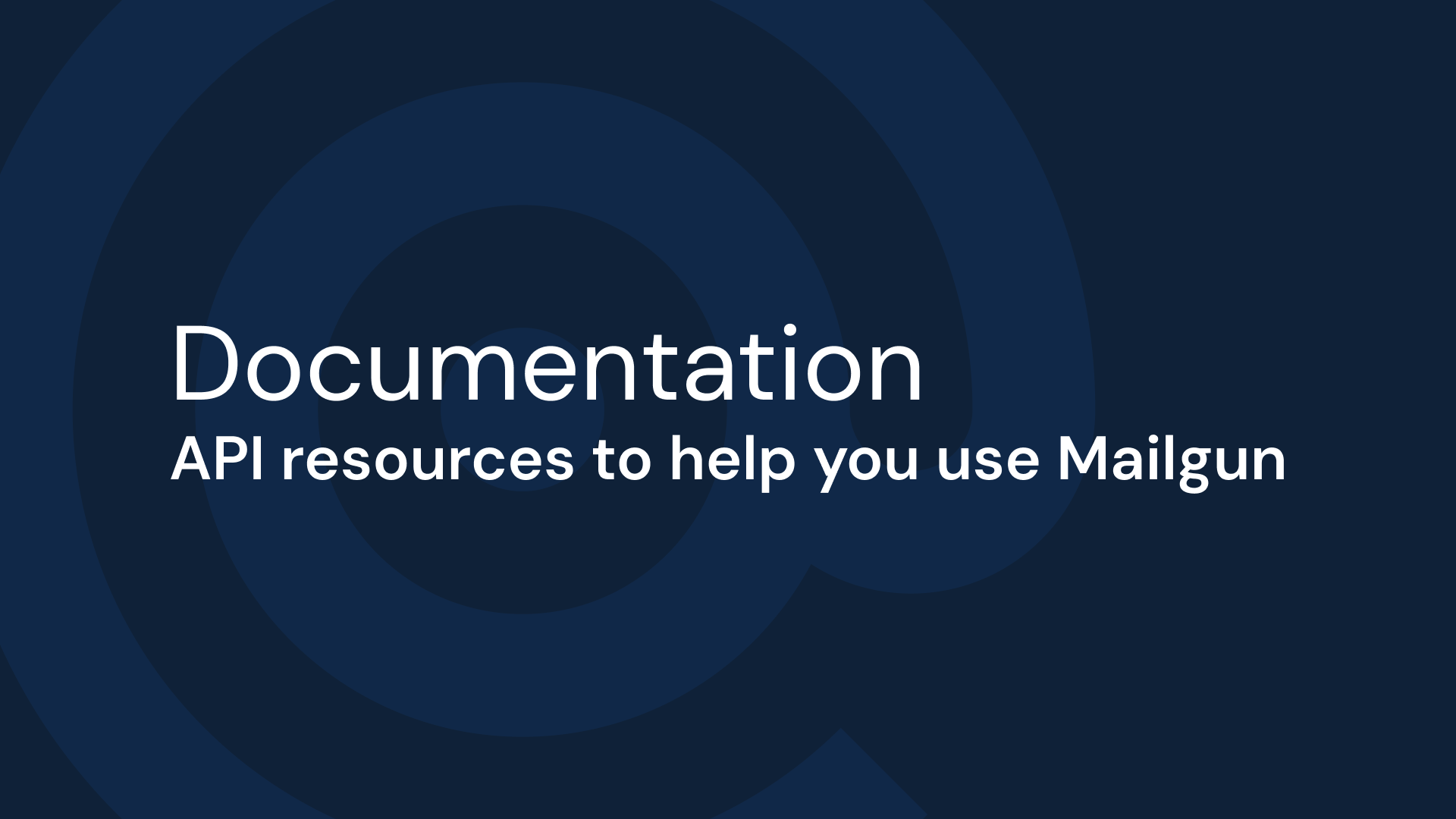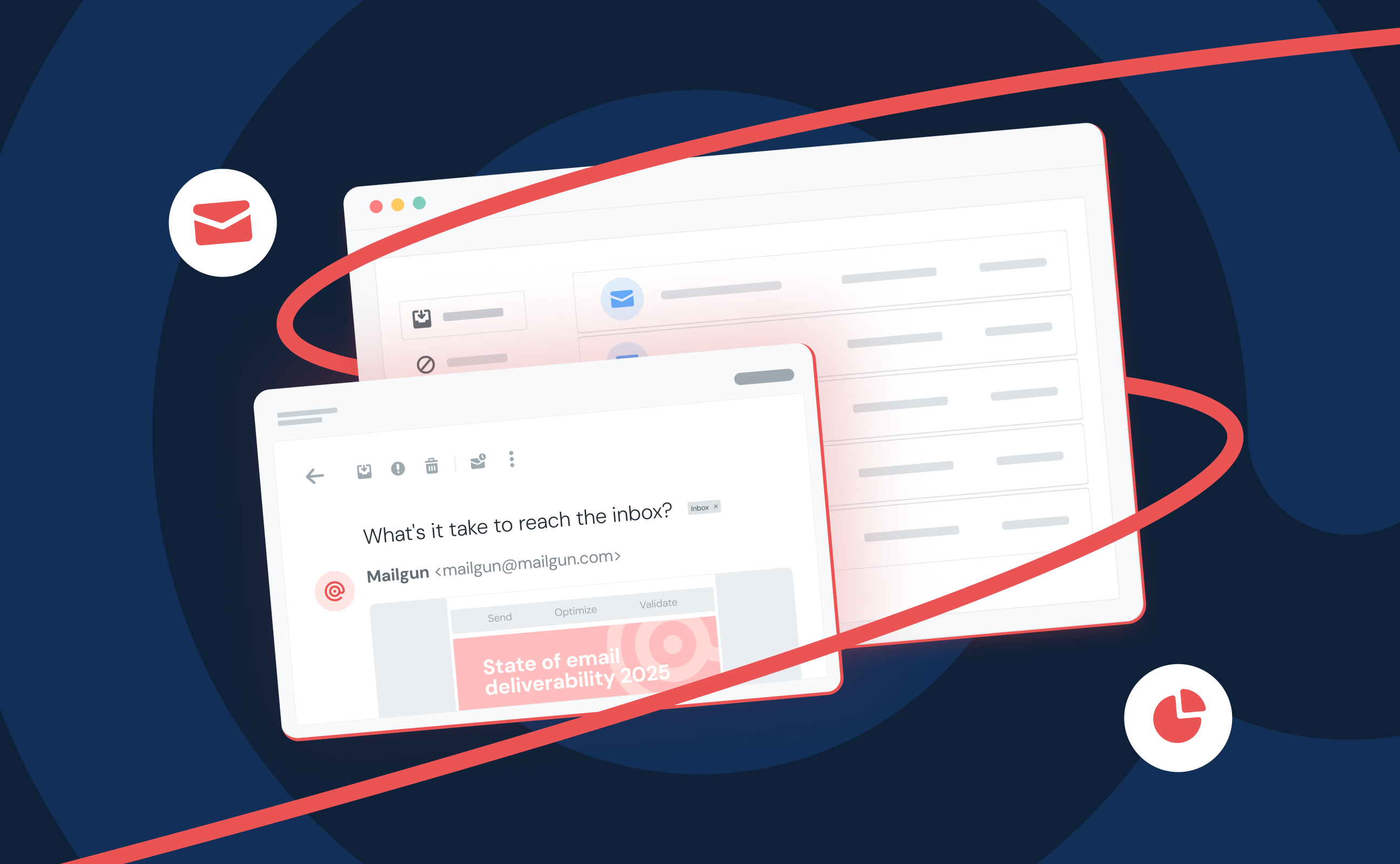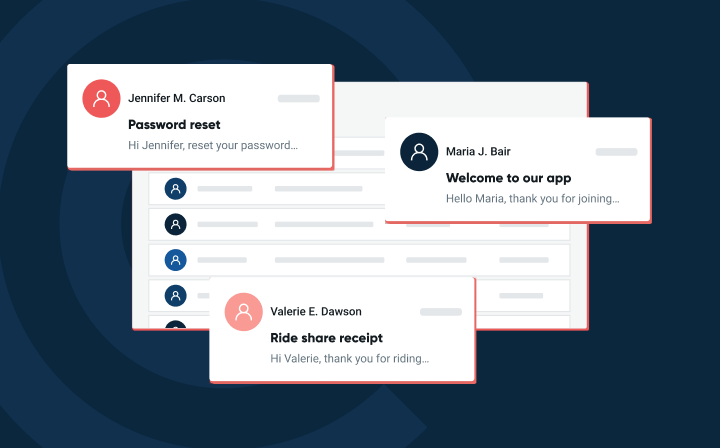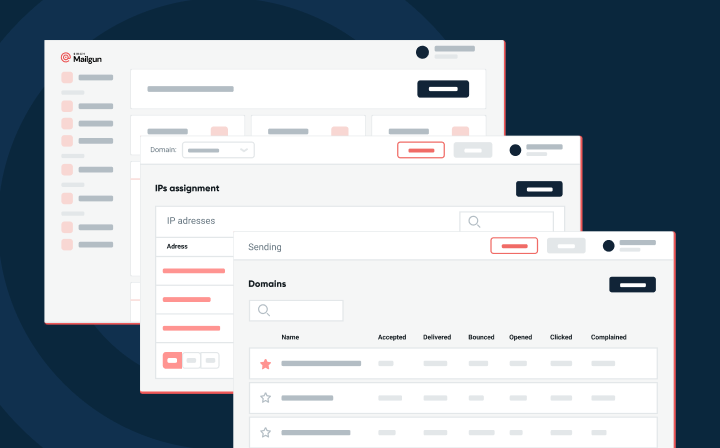Home
Mailgun Blog
Deliverability category
The Art and Science of Email Deliverability: Mastering the Basics
Deliverability Academy episode 1 recap: Master the basics
Email deliverability is part art, part science—and mastering both sides is key to hitting the inbox. In our first Deliverability Academy webinar, Mailgun’s experts broke down the fundamentals of getting your emails delivered.
PUBLISHED ON
Deliverability is all about getting your messages to actually reach the inbox (and not the spam folder). It takes more than just hitting “send.”
In Mailgun’s inaugural Deliverability Academy webinar Mastering the Basics, our email experts pulled back the curtain on what it takes to achieve great email deliverability. It turns out, getting into the inbox is both an art and a science.
Scroll to the bottom the full webinar recording.
Table of contents
Table of contents
01Inbox or bust: Mastering the art and science of email deliverability
02It all starts with your email list
03Lock it in: Authentication is the baseline
04Email design that lands (and doesn’t break)
06Structure matters: Separate your sending strategies
Inbox or bust: Mastering the art and science of email deliverability
Let’s get one thing straight—email deliverability isn’t the same as delivery. Delivery means your message technically made it to the mailbox provider. Deliverability means it actually reached the inbox (not the spam folder) and stands a chance of being opened. It’s a blend of tech and trust: infrastructure + human engagement.
Just because your dashboard says “delivered” doesn’t mean your email was seen. Spam filters love a sneaky detour. Learn more about them in our post on spam filters and deliverability.
It all starts with your email list
If your list is messy, none of the rest matters.
Building and maintaining a clean list is step one—and step always. List hygiene is about getting consent, using confirmed opt-in, and pruning out outdated or unresponsive emails like you’re spring cleaning your closet. Bad or disengaged addresses? They’re hurting your sender reputation whether you realize it or not.
Use tools like List Preview to give you a quick list health check.
Lock it in: Authentication is the baseline
SPF and DKIM are table stakes—Mailgun won’t let you send without them. But DMARC is where authentication is up to you to implement. There are three DMARC policy options (start with p=none if you must), monitor reports, and move toward enforcement (quarantine or reject) over time.
Bonus: Once you have DMARC the door is open for BIMI, so your logo can show up next to your emails in supported inboxes. This helps build trust with subscribers and with inboxes.
Deliverability rule: No authentication = no trust. And mailbox providers don’t trust easily. Take your authentication to the next level with DMARC, our new partnership with Red Sift makes it easy to monitor.
Email design that lands (and doesn’t break)
We’ve all seen it—emails that show up broken, or worse, with placeholder copy. Don’t be that sender. Test your design across clients, make sure the copy is readable, and follow accessibility best practices. Even the best infrastructure can’t save you from “oops” design fails.
Also: plain-text emails can work—but only if they match the tone your audience expects. Most brands benefit from simple, styled HTML with clear structure and branding.
Send with intention
Inbox placement isn’t just about what you send—it’s how you send it. Sudden spikes, inconsistent volume, or mailing unengaged contacts all raise flags. Instead, keep a consistent cadence, warm up new IPs slowly, and segment by engagement.
If someone hasn’t interacted in months, it’s okay to sunset them. Think of it like a friend who never comes to trivia night. They probably don’t want the invite anymore.
Structure matters: Separate your sending strategies
Segment traffic by type (transactional vs. marketing), separate IPs or subdomains where needed, and choose the right sending approach (shared vs. dedicated IP) based on volume and consistency.
Sending more email does not equal better deliverability. Sending more intentional emails will help take you over the line.
Secure it like you mean it
Secure your email program! Passwords, API keys, 2FA, SSO—whatever you’ve got, use it. Bad actors want access to your sending platform. Don’t make it easy. If you’re not already monitoring for abuse, phishing, and spoofing, start now. And if you spot a fake Mailgun message? Forward it to abuse@mailgun.com.
Track what matters and worry less about vanity metrics
Opens aren’t dead, but they’re definitely inflated. Clicks, engagement over time, and complaint rates are where the real insights live. Use tools like Google Postmaster Tools, Microsoft SNDS, and Mailgun dashboards to get the full picture.
Bounce rates and reputation scores tell you what’s really happening with your mail. Don't just monitor—dig in and adjust.
Final word: Deliverability is an ongoing relationship
Deliverability isn’t a checkbox. It’s a system that works best when you treat your audience with respect, your tools with care, and your strategy as a living thing. Keep it clean. Keep it honest. And keep it human.
We’ll be back with more insights in the next Deliverability Academy session, so subscribe to our newsletter and don’t miss out. Until then—happy sending







